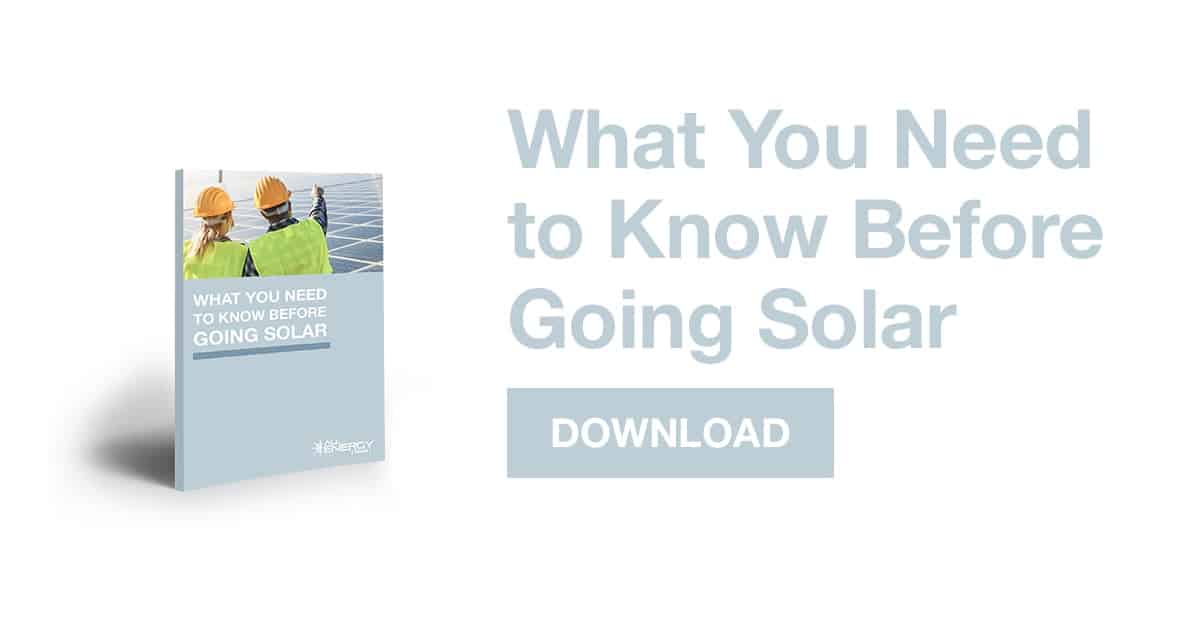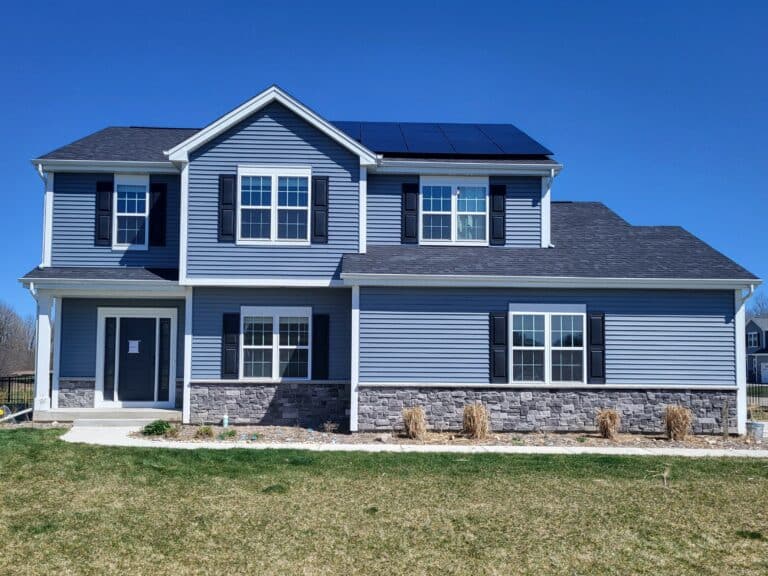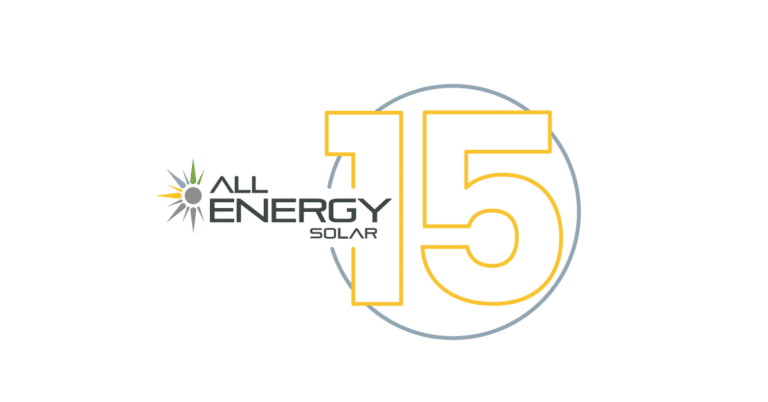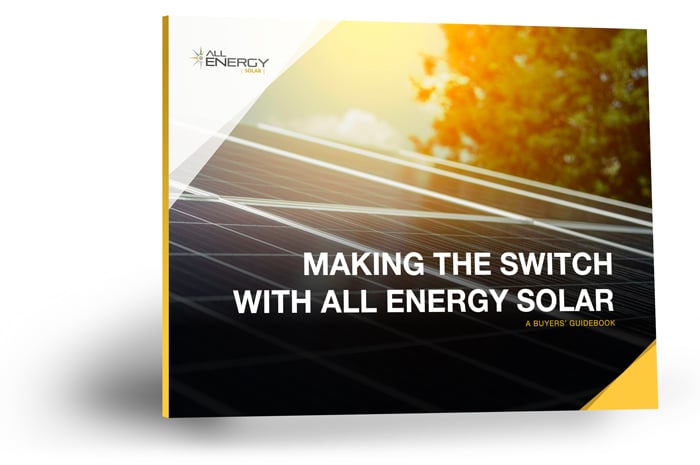There’s been a lot of discussion among politicians and the media around the state of our current energy grid. So what is all the chatter really about? Are things really that bad? In this post, we’ll take a quick look at the good, the bad, and the ugly side of our nation’s reliance on our current power grid system.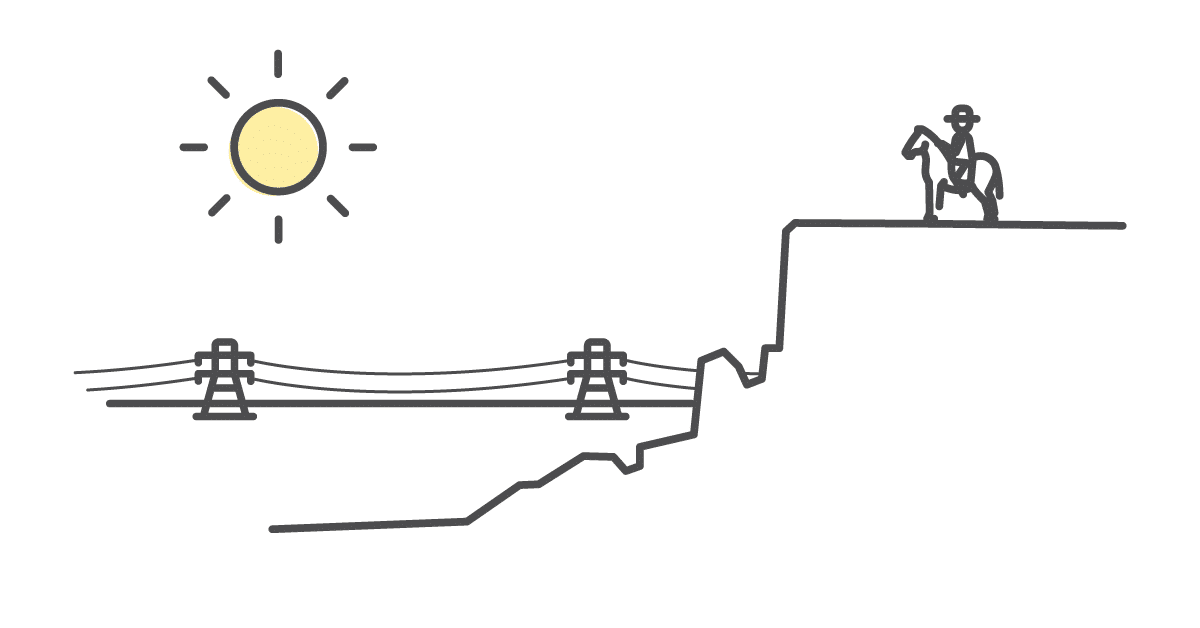
The good
Unlike most countries, no one group controls the U.S. power grid. Instead, it is a complex system of service providers and government entities working together. This complex electrical ecosystem allows us to generate power from numerous sources, at a variety of sites, and redistribute it to end users, often over long distances and in remote locations—making it the most reliable electrical grid in the world.
The bad
Unfortunately, the infrastructure of our power grid is aging, and new demands placed on it are exceeding the expectations and capabilities of its original design. Because the system is made up of a network of 7,300 power plants and transformers owned and operated by independent service providers and regulated by local, state, and federal governments, there is very little motivation for any one group to invest heavily in significant upgrades. The result: a highly inefficient and sometimes less reliable power grid system.
The ugly
Our outdated power grid is far too susceptible to disruptions from threats like extreme weather or excessive demand that can result in blackouts, leaving consumers going for long periods of time without access to the essential power they want and need. In some parts of the country, these regular disruptions in service have become common occurrences.
In addition to the aging condition of the grid and uncertainty around the reliability of energy production is the growing volatility and fluctuation in energy prices impacted by a variety of global factors from geopolitical relationships to the rising cost of sourcing of traditional fuel sources.
What to do?
Many consumers are looking for ways to break their dependency on the power grid. In some cases this means completely going “off the grid” while in others it simply means adding some energy independence from solar and battery backups to provide some peace of mind.
To learn more about how you can reduce your dependency on the power grid through readily available, renewable energy, contact an All-Energy solar representative.
Download our eBook, What You Need to Know Before Going Solar, to get a breakdown of the steps you’ll need to take in your search for the perfect solar installer.
